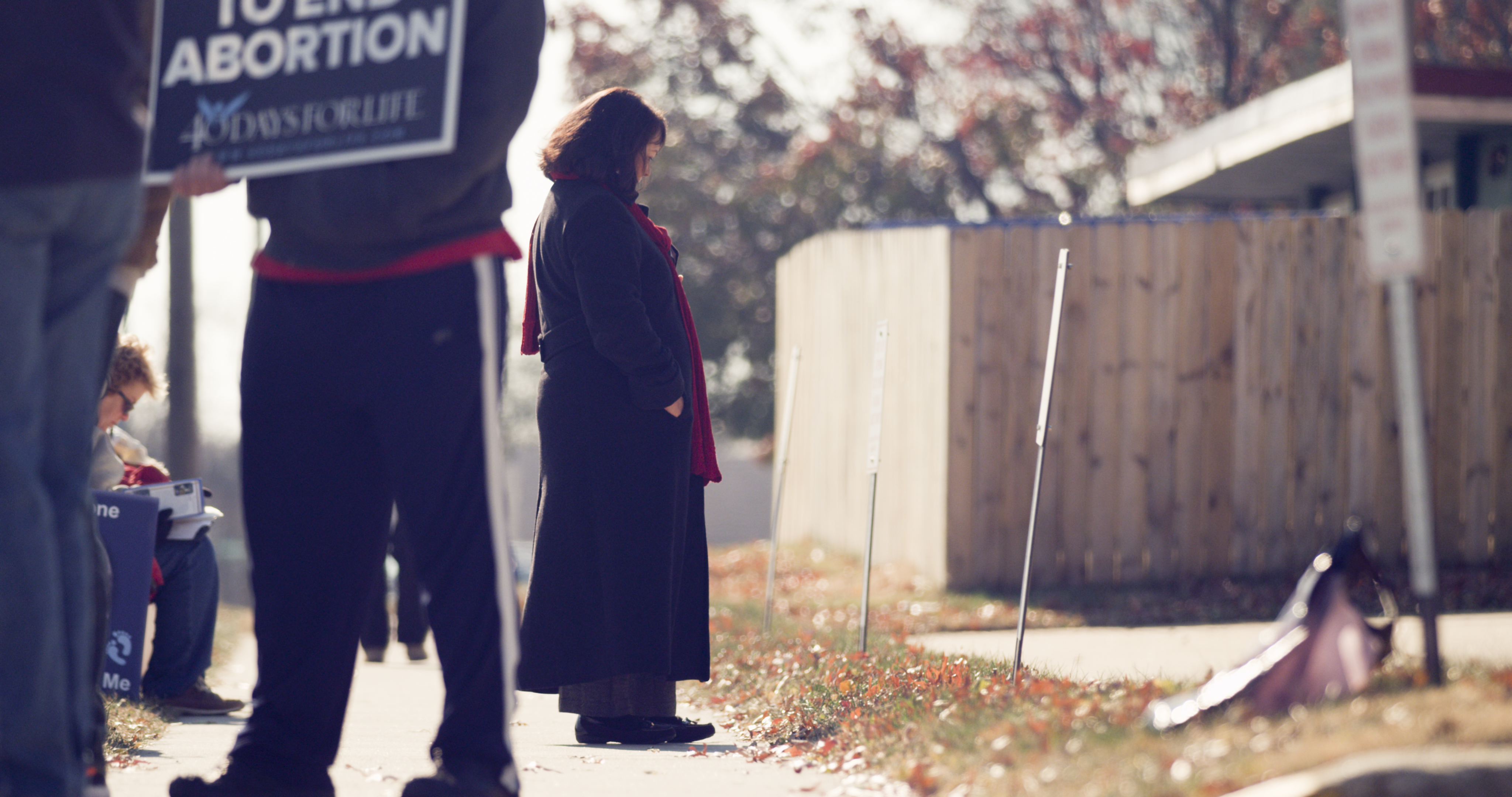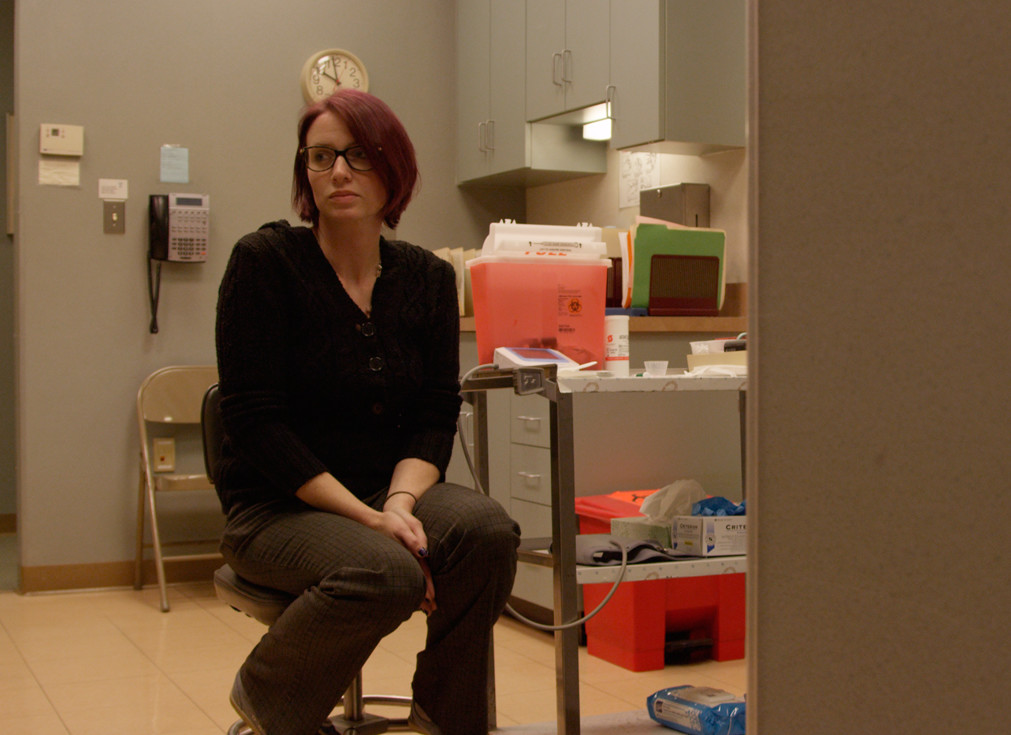In a podcast with Chelsea Handler, Anna Faris admitted that becoming a parent has made her less independent. Handler pointed out that being single with a successful career should allow her all the independence she could ever want. Faris replied that, though she loved her son, her agenda had become “secondary to everybody else’s.”
It’s no secret that motherhood limits one’s freedom and independence to a certain extent. Whether or not a woman chooses to make that sacrifice is at the forefront of the ongoing discussion that continues to threaten the independence of many women in society today, and that is being denied accessibility to safe and legal abortions.
Faris’s conscious decision to have her son and sacrifice a degree of independence to start her family stands in opposition to women who, due to an unwanted pregnancy, are forced to make true sacrifices: going through with the pregnancy only to give the child up for adoption; having the child and giving up one’s independence for a couple of decades; or suffering through the long, expensive, and emotionally grueling process of undergoing an abortion. This is the reality for roughly 2.8 million American women, accounting for about half of the pregnancies in the U.S. each year.
The option for women with unplanned pregnancies that results in the least amount of sacrifice when it comes to a woman’s independence is abortion, however, the opportunity to take advantage of this option is continually waning. Research shows that 89% of American counties are without abortion providers. In addition, there is an average 72 hour waiting period between consultation and procedure, requiring the financial independence to take off work to drive the distance to the clinic, and wait for the procedure.
Women who have achieved financial independence, or who have a support network of family and friends, may not find the experience daunting. But most women don’t have that freedom. Women earning lower incomes are forced to make sacrifices to have an abortion, to the point where they resign themselves to having the child, or wind up chancing death by attempting to abort the child on their own. Couple this with the fact that the rate of unwanted pregnancies among lower-earners is five times greater than the rate among higher-earners, largely due to a lack of affordable health insurance to cover birth control, and the lack of comprehensive sex education across America, and the sacrifice these women are forced to make is more than should be acceptable in today’s day and age.
Tracy Droz Tragos’s documentary “Abortion: Stories Women Tell” follows the lives of women faced with unplanned pregnancies who do not possess the independence to do anything about it. One woman in the documentary was a single mother of two, working 70 hour weeks, at $3.00 per hour. When she discovered she was pregnant, she knew she did not have the income to feed another child, nor could she afford to take the time off work to give birth and recover, in the case of an adoption. She realized that abortion was her only option, even though it still came with many limiting sacrifices.
A full week was needed to take the six hour drive to the nearest clinic and suffer through the 72 hour waiting period. Another 32 hours was needed to go to the consultation, have the procedure, and attend the follow up appointment. This does not account for the number of hours actually spent at the clinic. In making this decision, the woman also made the decision to sacrifice a salary she needed to take care of her other children, spent more money on travel, and was unable to care for her children for the duration.

Besides the financial sacrifices she made, there were sacrifices made to her mental health as well. Already suffering from low self-esteem due to a difficult divorce with an abusive partner, the woman had to undergo further abuse at the clinic. When she exited her car at the clinic, protesters called her a murderer, told her she was possessed by the devil, and would be going to Hell. One can only imagine the toll this would have taken on her mental state.
This extreme lack of access to abortion creates is something that men will never face, due to their privileged anatomy. It is an uphill climb for women in this country when it comes to reproductive rights, given the system currently in place. When the government—composed largely of males—denies women the right to cheap birth control or comprehensive sex education, it is also denying them of their right to choose. Accessibility to safe, affordable, and legal abortions should be a basic human right. It is unconstitutional to rip a woman’s independence away, simply by virtue of her biology.

